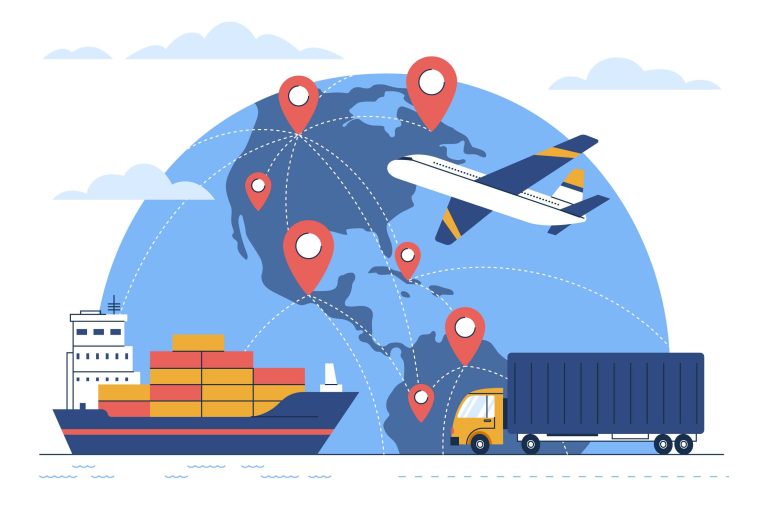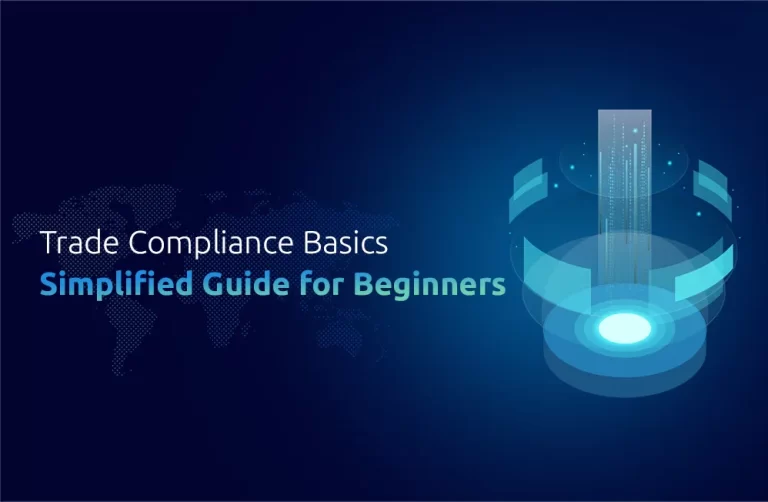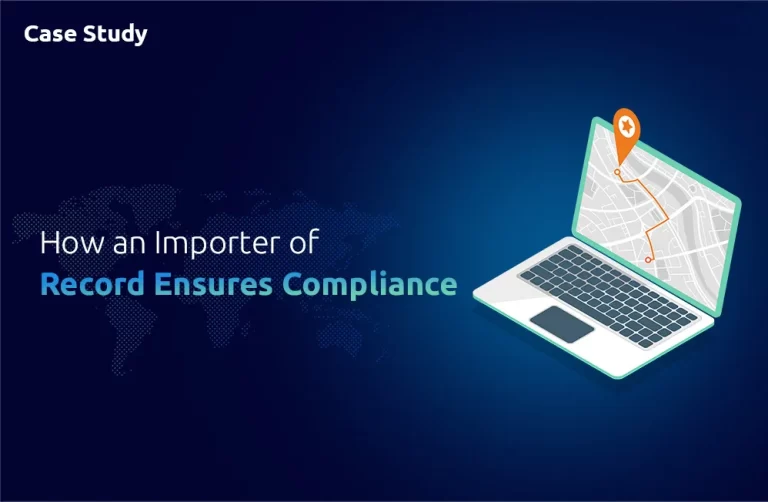Importing into Burundi: The Complexities
The importation of goods from Burundi comes with its complexities having in consideration how landlocked the country is, the state of regulatory framework and infrastructural issues that hinder competitiveness. On the other hand, Burundi importers, both companies and private individuals must face up to some legal, logistical, and bureaucratic barriers.
1. Customs and Regulatory Framework
Customs regulations of Burundi are under the East African Community Customs Union (EACCU) which is composed of Burundi, Kenya, Uganda, Tanzania and Rwanda. This union aims at creating a customs union by making the customs procedure simpler and harmonizing it for every member-state but such differences can still occur on the local level of implementation. Importers are supposed to give priority enforcement to EAC directives and specific Burundian regulations.
Documentation: The usual Trade documents to be of import in Burundi are a Commercial invoice, bill of lading, packing list, import license (if applicable), and a certificate of origin. While the basic certificates might be enough for the goods, some goods require extra certificates such as health and phytosanitary certificates.
Tariffs and Taxes: Burundi’s tariff policy is in accordance with the External tariff common to the EAC. What can be mentioned is the fact that customs duties differ with regard to the type of goods, where raw materials are usually charged a lower rate or are exempt from them, while luxury products are affected by a high rate. Value Added Tax (VAT) by 18% is usually used in the importation process.
Non-Tariff Barriers: The importers are however met with the non-tariff barriers which could be called import quotas, bans and permits, especially on the sensitive items such as drugs, food products and chemicals.
2. Import Licenses and Restrictions
Among the other types of commodities, a special permit is required from the relevant Burundian authorities for the importation of some of the goods. To have such convergence, one needs to consider firearms, some drugs and agriculture products. It becomes mandatory that effective steps to acquire these licenses be applied before importation or otherwise goods that have been imported will be delayed and possibly confiscated.
3. Transportation and Logistics
Burundi being a landlocked country uses port facilities just across the adjacent countries mainly that of Tanzania in Dar es Salaam and Mombasa in Kenya for sea transport. A further delivery stage is when the products are transported by road or at times by air into Burundi, which adds to both the timeline and the cost of their arrival.
Infrastructure: The road network of Burundi is another significant threat, primarily in rainy seasons, the reason being the goods not moving to their destinations promptly. While the advances are never-ending, logistics and planning remain vital.
Customs Clearing: Holds at customs are common problems caused by red tape and disorganization in documentation. A customs broker or local agent with experience in the field is capable of relieving you of the complexities that may arise from regulations.
4. Market Specifics
Knowing the local market dynamics and grounded consumers of Burundi is worth more than everything for proper importation. Market research is useful in identifying directions where the product can go, and choosing the appropriate pricing quite, or distribution channels that will work.
5. Legal and Compliance Issues
Burundi has established many legislative regulations; hence, adherence to regulatory requirements is mandatory with all imposed legal and business compliance standards. This includes product safety and quality, and exportation of the same, in addition to other international trade rules and regulations to prevent fines and unnecessary costs.
6. Political and Economic Context
Political and economic changes in Burundi have the potential for the smooth running of import business. The regulations of imports, the fluctuations of currencies, and the political turmoil can cause the ease of importing goods and the amount of money paid for them to increase. Going along with the local news and contingency plans should be in your daily activity.
How IOR Services Help Tech, Healthcare, Automotive, and Aerospace Industries Grow in Burundi
Technology and IT Sector
For technology, the IT, and communications sectors, most rapid innovations should be welcome because they’re the keys to keep innovating and improving competitiveness. IOR services work to smooth the way of importing essential technology equipment for example servers, routers, computers, data storage devices and other things of this kind. Through overlooking regulatory and compliance matters, IOR services deliver to tech companies in Burundi the opportunity to implement these technologies in the software development domain, data centers, and digital services. This connectivity to contemporary IT infrastructure is the core driver for tech startups and the existing IT firms to produce new products and ways of service delivery that can compete in the global market.
Healthcare Industry
In health care, it is vital for introducing advanced IT and telecom devices in order to achieve better clinical outcomes. It is important to point out that diagnostics, telemedicine and health information systems are highly sensitive to IT infrastructure problems. IOR services prevent unforeseen obstacles in materials importation and compliance issues. Therefore, patients receive timely treatment and reliably managed data. It does matter more in such places where healthcare services are unavailable than in urban areas because telemedicine can close the gap between the villages and big medical centers.
Automotive Industry
The automotive industry gains the benefit of importing equipment from IT and telecom industries as automation can be enhanced, and the quality of car technologies can be improved. IOR services to auto companies in Burundi enable technology imports on diagnostic machinery, the assembly line, and testing equipment. It is the most crucial element that will enable local automotive enterprises to constitute an effective production chain and include in the car production more advanced technology in the assembly process.
Aerospace Industry
Although just emerging, the industry of aerospace in Burundi will certainly have the potential to draw on the IOR facilities to import advanced telecommunication and navigation technologies. This equipment is an integral part of the operation of aircraft and logistics processes in the aerospace sector.








